The Recognition Effect: Supporting Upskilling and Driving Business Success in an AI Era
In this exclusive UNLEASH roundtable, HR leaders came together to discuss the importance of employee recognition, as highlighted in Workhuman and Gallup’s latest report.
Why You Should Care
As AI and emerging technologies continue to reshape the way we work, HR leaders face new challenges and opportunities in keeping employees motivated, engaged, and adaptable.
Organizations are discovering that employee recognition is more than just a nice-to-have; it’s a driving force for engagement, retention, and wellbeing that bolsters productivity and reduces turnover.
“Recognition done right can generate insights and outcomes that can further support and drive the right behaviors in leaders and peers.”
The world has changed dramatically in recent years, technology means that many mundane tasks can be completed by machines instead of humans.
Despite this, there’s no escaping that work simply does not get done without the people in our organizations. Work starts with humans.
As such, this is the time for businesses to prioritize the human in the age of machines and enable people to thrive by focusing on delivering meaningful recognition to all.
UNLEASH’s Senior Journalist, Lucy Buchholz, and Workday’s Senior Principal of Consulting, Clare Moncrieff, co-hosted this exclusive UNLEASH roundtable discussing the challenges of creating a culture of recognition, methods for ensuring every employee feels valued, how to implement authentic recognition programs, and much more.
Celebrating employees and understanding recognition
Only 33% of employees in the US and 23% of employees globally are engaged, and well over half of the world’s employees are signaling discontent with their current workplace by actively seeking a new job, according to research from Workhuman and Gallup.
Leaders have increasingly begun acknowledging the potential for recognition to transform organizations and positively influence real business outcomes.
However, scaling strategic recognition requires organizations to close the gap between how leaders feel about recognition and how their employees experience it.
“One of the big challenges is getting our employees engaged in recognition and having it be embedded in the culture of the organization,” one participant begins.
“As we think about recognition we should ask: is it part of the job? Are you thinking about it on a day-to-day basis?
“Some of the tensions that become the biggest challenges facing a culture of recognition are simply embedding it into everyday work and getting employees to participate and to see it as part of their job and expectation set.”
Another participant highlights eight behaviors that their company has launched in line with their values, with one being: To win together and celebrate success.
“When we asked our employees for feedback, they said that we’re very good at winning together, for example, in terms of financial performance. But they said we are not good at recognizing people.
“We tend to be transactional when looking at what we need to achieve. Then, as soon as we have achieved it, we don’t stop and pause to think about what has happened, how we can improve certain things, and how we can recognize the people.”
Soon after, another participant inputs that sometimes, recognizing employees is as simple as “being able to say the name of the person when you see their face.”
A seemingly basic gesture, which actually poses a challenge for many leaders – particularly those in large organizations.
Key reflections of the session
Throughout the roundtable, each participant shared their challenges, while also contributing different perspectives and solutions for others.
Offering concluding thoughts, one participant shared that their key takeaway was understanding the importance of data and metrics.
“We need to take the analytics that are linked to recognition, and connect the dots between the work and the outcomes that you care about,” they share.
“We’ve seen some really powerful health and safety outcomes for increased recognition, for example, organizations that do a great job of recognizing each other are psychologically safer. It’s these metrics that aren’t the most intuitive ones when you think about recognition, but you can see the impact – it speaks volumes to leaders and helps them change their behavior.
“So, recognition done right can generate insights and outcomes that can further support and drive the right behaviors in leaders and peers.”
Why join an UNLEASH roundtable?
Our exclusive virtual Roundtables are designed to explore where HR leaders are focused now, key challenges, and prioritizations for the rest of the year. We’ll dig into what matters most when planning for what’s next and equip you with your future strategy. You’ll be joined by senior HR practitioner peers, allowing an opportunity to discuss personal experiences of challenges and wins, providing the ability to benchmark and reconsider current strategies and tech together.
Check out our upcoming events here: HR Roundtables
Sign up to the UNLEASH Newsletter
Get the Editor’s picks of the week delivered straight to your inbox!

Senior Journalist
Lucy Buchholz is an experienced business reporter, she can be reached at lucy.buchholz@unleash.ai.

